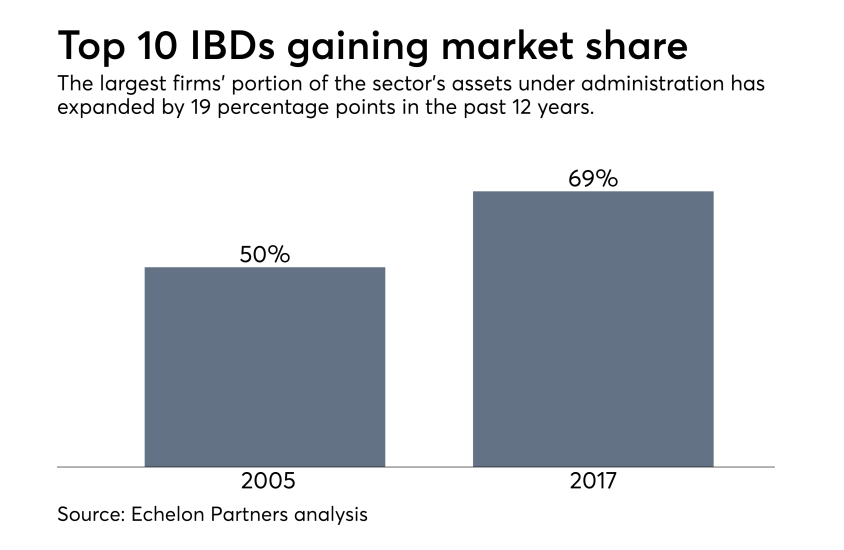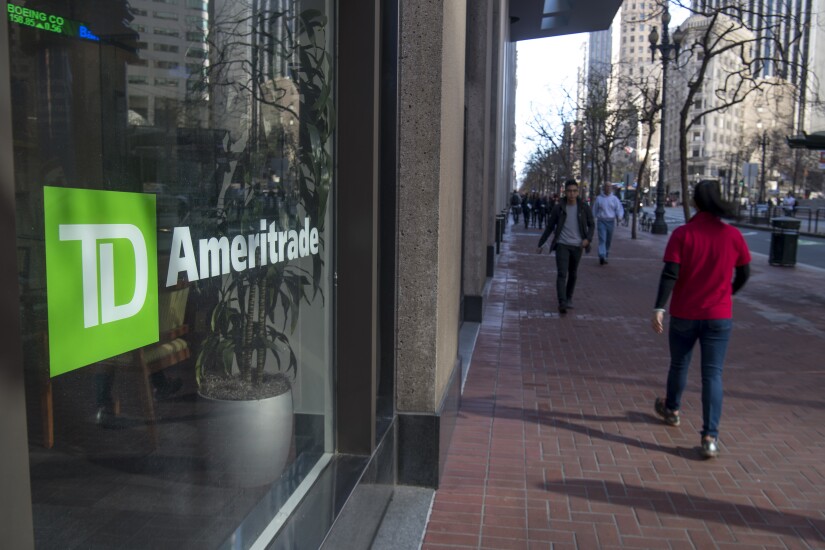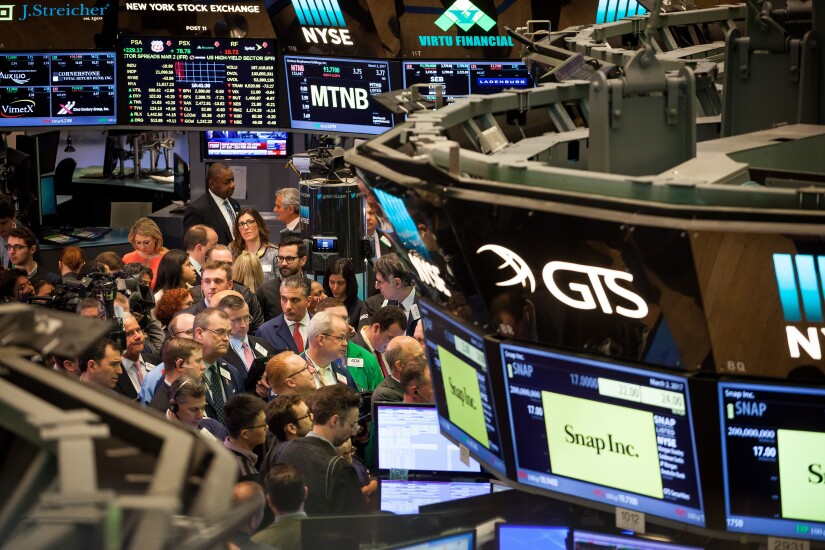As fee compression continues to drive down commissions, broker-dealers are offering additional online tools to bring in new clients. In a recent survey from Kiplinger’s, almost every firm allowed clients to trade stocks, exchange-traded funds, mutual funds and individual bonds online — as well as offering some online advisory services.
“At first glance the differences among the online brokers are hard to see,” said Mark Solheim, editor of Kiplinger’s in a press release. “Their fees and commissions are low, their online tools are plentiful, they provide generous access to low-cost investments, and their websites and mobile apps are crammed with research reports, charts and videos.”
The overall scores were based on these seven weighted categories: commissions and fees (10%), investment choices (20%), mobile app (20%), user experience (15%), and tools, research and advisory services, roughly 12% each.

Some of the largest firms, like TD Ameritrade and Charles Schwab, came out on top in categories like research, tools and mobile apps. While relatively lesser-known firms, like Ally, provided lowers stock and ETF commissions.
As investors increasingly interact on smartphones or tablets, the survey heavily weighted user experience on mobile apps. “We took a closer look and found that each firm has its own strength depending on what investors are looking for,” Solheim said in the release.
Commissions hovered around $7 or less at most firms, with the cheapest fees dropping to $2.95, according to the survey. (The commissions are approximations and do not include special offers.)
Since the results published, Firstrade began offering free trading for stocks, ETFs, options and mutual funds, and Ally Invest offers more than 100 ETFs commission-free, according to Kiplinger.
So, how did online BDs stack up?













